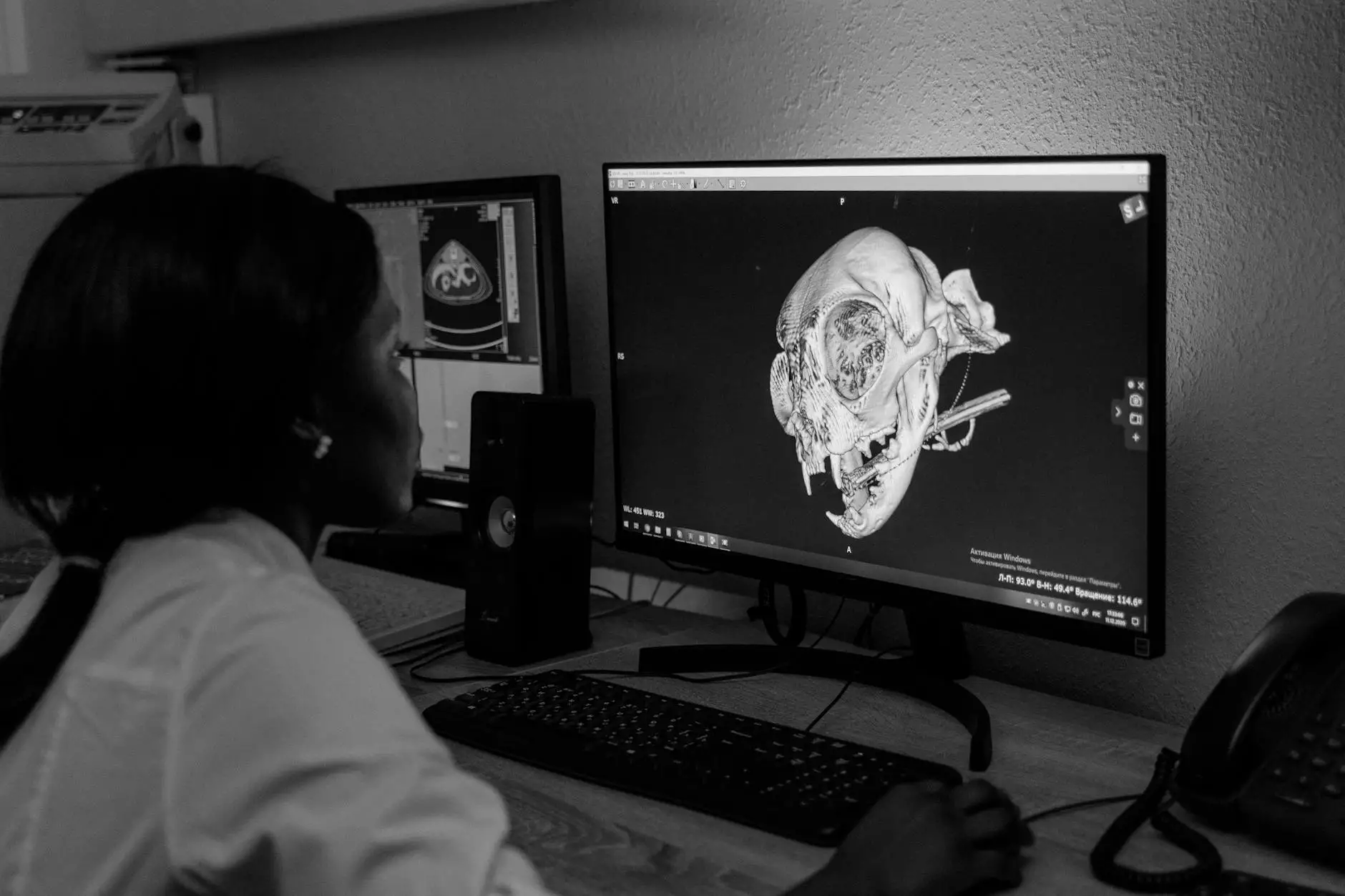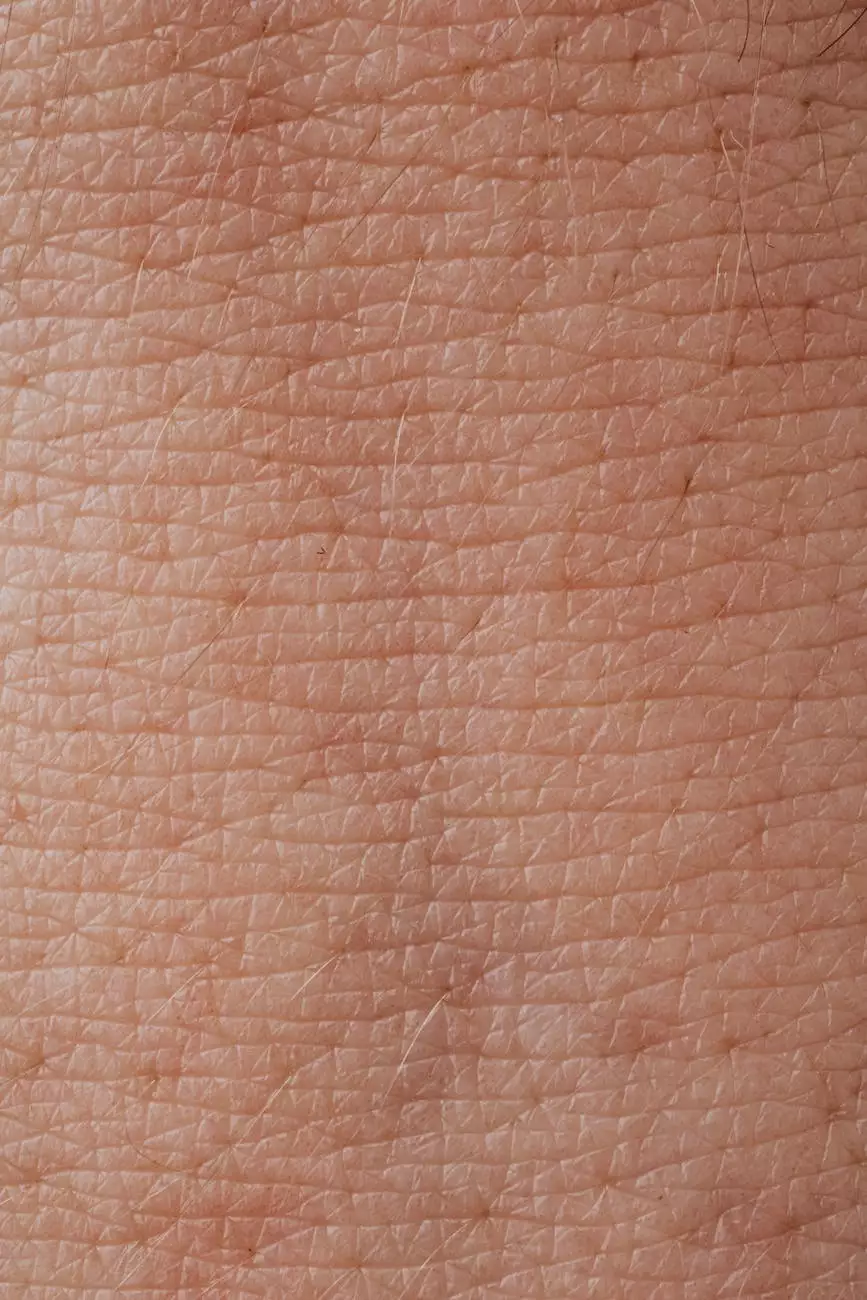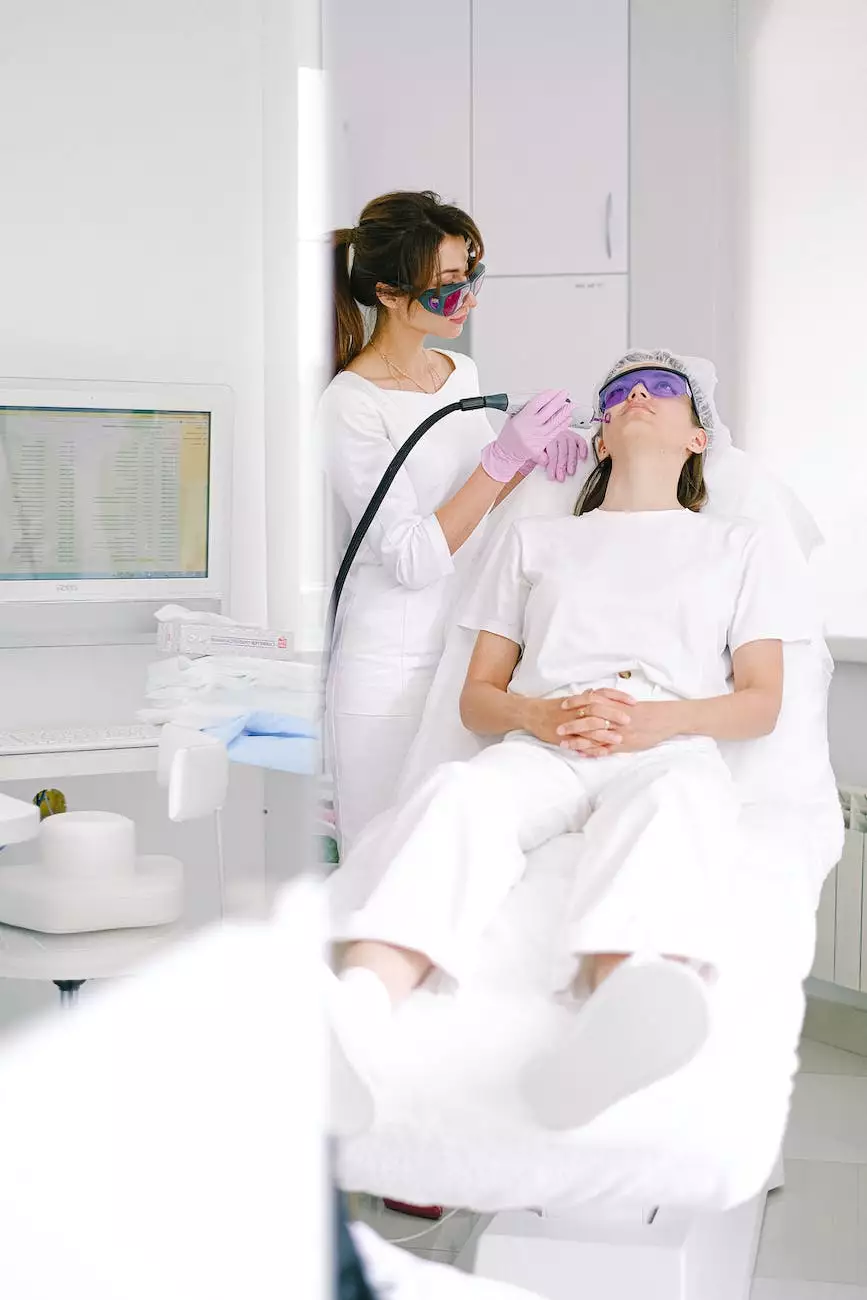Potentially Photosensitizing Medications
Resources
Welcome to Greater Carolinas Womens Center, your trusted source for comprehensive women's health information. In this article, we will explore the topic of potentially photosensitizing medications and their impact on women's health. Our team of experts is dedicated to providing you with detailed information and guidance on this important subject.
Understanding Photosensitivity
Photosensitivity, also known as sun sensitivity, refers to an adverse reaction of the skin when exposed to sunlight or certain artificial light sources. This reaction can occur due to various factors, including medications. It is important for women to be aware of potentially photosensitizing medications as they can increase the risk of sunburn, rashes, and other skin-related issues.
Common Photosensitizing Medications
There are several types of medications that have been identified as potentially photosensitizing. These medications may interact with UV radiation, resulting in an exaggerated response from the skin. Some common categories include:
- Antibiotics: Certain antibiotics, such as tetracyclines and fluoroquinolones, have been associated with increased photosensitivity.
- Non-Steroidal Anti-Inflammatory Drugs (NSAIDs): Some NSAIDs, like ibuprofen and naproxen, have shown photosensitizing effects in certain individuals.
- Psychiatric Medications: Certain psychiatric medications, including selective serotonin reuptake inhibitors (SSRIs) and tricyclic antidepressants, have been linked to photosensitivity reactions.
- Topical Treatments: Certain creams, lotions, and ointments, such as retinoids and benzoyl peroxide, can increase sensitivity to sunlight.
It is important to note that this is not an exhaustive list, and other medications may also exhibit photosensitizing properties. It is always best to consult with your healthcare provider to understand the potential risks associated with specific medications.
Managing Photosensitizing Medications
If you are taking a potentially photosensitizing medication, there are several precautions you can take to minimize the risk of adverse reactions:
1. Sun Protection
Protecting your skin from harmful UV radiation is crucial. Apply a broad-spectrum sunscreen with a high SPF, wear protective clothing, and seek shade during peak sun hours.
2. Awareness and Monitoring
Be aware of the potential side effects associated with your medication and closely monitor your skin for any changes or unusual reactions. Promptly report any concerns to your healthcare provider.
3. Medication Alternatives
In some cases, there may be alternative medications available that do not exhibit photosensitizing effects. Discuss with your healthcare provider to explore suitable options.
4. Lifestyle Adjustments
Avoid excessive sun exposure, especially during peak hours. Consider adjusting your outdoor activities or schedule to minimize potential risks.
Consult Greater Carolinas Womens Center for Comprehensive Guidance
At Greater Carolinas Womens Center, we understand the importance of providing you with comprehensive care and guidance. Our team of healthcare professionals is well-versed in the topic of potentially photosensitizing medications and can offer personalized advice based on your unique medical history and needs.
We are committed to empowering women through education and ensuring that you have the information necessary to make informed decisions about your health. If you have any concerns or questions regarding photosensitivity or any other women's health topic, please don't hesitate to reach out to us.
With Greater Carolinas Womens Center, you can trust that you are receiving the highest quality care and guidance for all your women's health needs.









